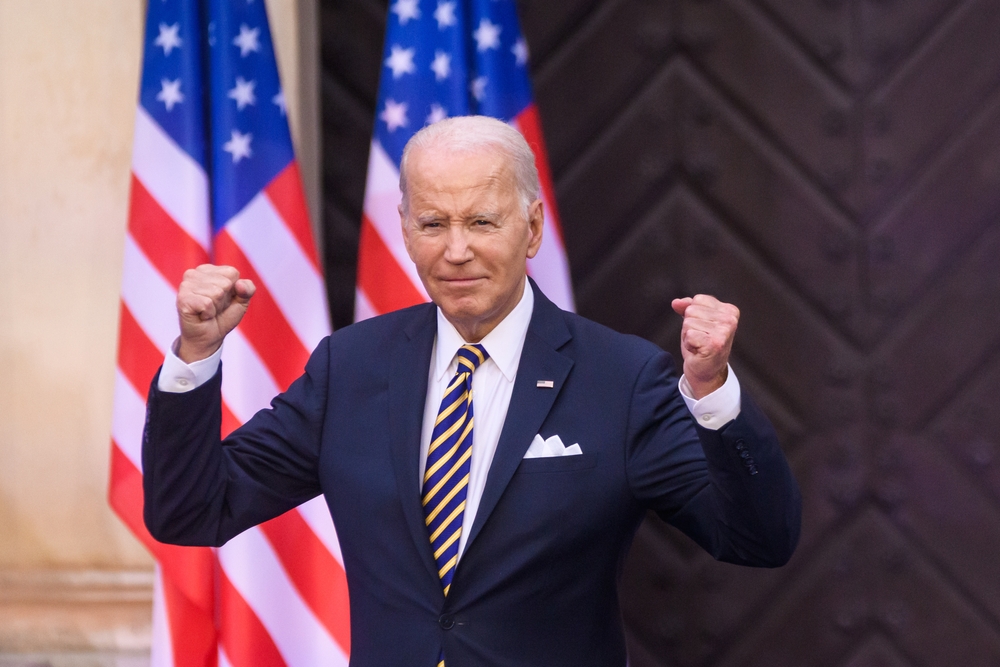
Putin Demands Peace Talks With Kyiv
Moscow advocates for peace talks with Kiev amid a mineral deal with the U.S., sparking a complex diplomatic dance.
At a Glance
- United States and Ukraine sign a deal for preferential access to Ukrainian minerals in exchange for reconstruction investment.
- Russia calls for direct peace talks with Ukraine, not a U.S-brokered settlement.
- A Ukrainian law currently bars negotiations with President Vladimir Putin’s administration.
- The Trump administration is actively pushing for a peaceful resolution and economic cooperation.
Mineral Deal and Economic Partnership
Ukraine and the United States have signed an economic partnership deal that grants the U.S. preferential access to strategic Ukrainian natural resources. In exchange, the U.S. promises investment aimed at Ukraine’s reconstruction. The agreement includes the establishment of a “Reconstruction Investment Fund,” a collaborative financial structure intended to facilitate Ukraine’s recovery. A significant aspect of this deal is the arrangement for the joint U.S.-Ukrainian fund to receive 50% of profits and royalties from new natural resource permits within Ukrainian territory.
An array of critical raw materials, including graphite, titanium, lithium, beryllium, uranium, copper, lead, zinc, silver, nickel, and cobalt, is present throughout Ukraine. This wealth of natural resources positions the nation as a key player in global markets and strategic supply networks. Notably, peace talks have been ongoing between involved parties, with Russia agreeing to a temporary ceasefire during its Victory Day celebrations.
Calls for Peace and Direct Negotiations
The Kremlin continues to press Kiev for direct peace talks, emphasizing a settlement between the two nations, rather than one brokered solely by the United States. Russian officials, including Kremlin spokesman Dmitry Peskov, have reiterated that any peace agreement should initially involve Ukraine directly. However, a 2022 Ukrainian statute prevents any negotiation with Russia’s current administration under President Vladimir Putin, a legal hurdle that Moscow desires Ukraine to eliminate.
“A peace deal should be done with the Ukraine, not with America” – Dmitry Peskov.
The Trump administration’s diplomatic moves aim to forge a peace agreement, with President Trump labeling the mineral deal as an advantageous step towards conflict resolution. Ukraine’s strategic mineral agreement with the U.S. seeks to reimburse military aid and foster long-term resource collaboration. Recent developments hint at a potential shift in Kiev’s stance, as seen by Ukraine’s recent delegation to Washington amid rising U.S. pressure to strike a negotiated resolution.
Challenges and Diplomatic Efforts
Moscow has indicated its preparedness for direct discussions, highlighting that American intervention cannot replace direct Ukrainian consent in any peace deal. Behind-the-scenes diplomacy involves addressing numerous complicated layers, cautioning that fulfilling peace prospects involves a gradual and phased de-escalation process. The Kremlin acknowledges efforts by the Trump administration, particularly recognizing the urgency and pressures toward achieving peace in this ongoing conflict.
“The primary thing is to begin this negotiation process” – Dmitry Peskov.
The global ramifications of the U.S.-Ukraine mineral deal coincide with continuous calls for direct negotiation and sustainable peace prospects. As the international community watches closely, the hope is for diplomatic solutions that spearhead long-term economic growth and lasting peace. The recent delegation to Washington sheds light on evolving strategies and pressures that might shape the next phases in Ukraine’s international alliances and internal policies.




